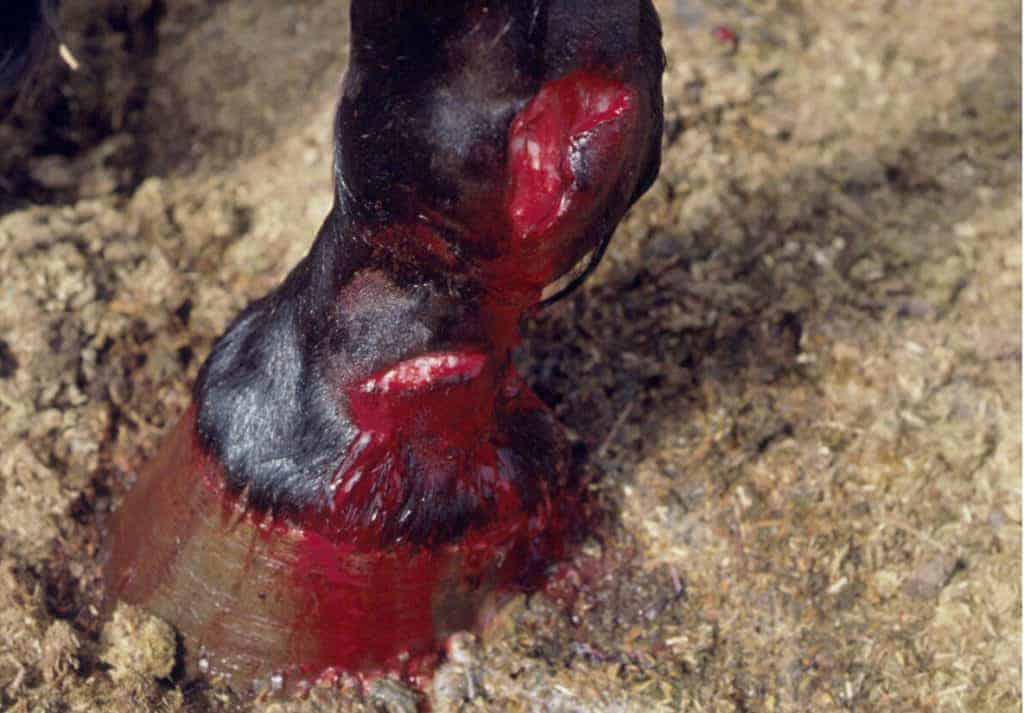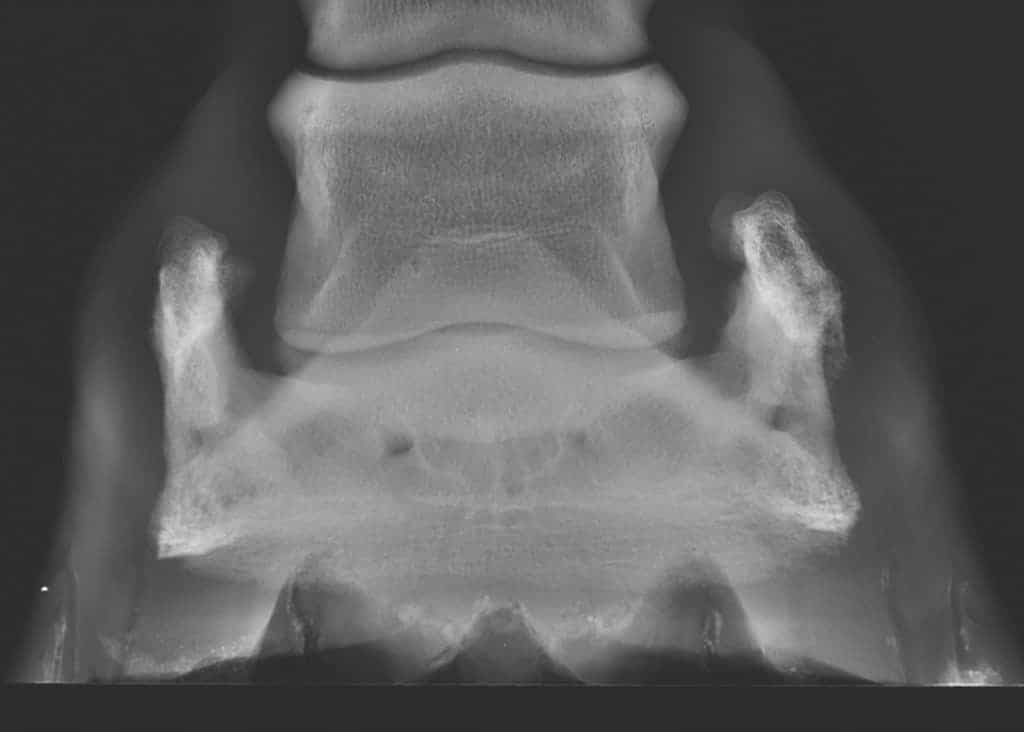
Does Target Training Help Reduce Horses’ Stress?
Researchers found no differences in horses’ stress levels in high-stress situations before and after training.
News and issues for equine health professionals

Researchers found no differences in horses’ stress levels in high-stress situations before and after training.

Penn Vet researchers recently examined different methods for diagnosing strangles.

Scientists found that two blood tests were able to distinguish between healthy horses and those with myocardial disease.
The program is returning for its eighth year and providing around $1.5 million in donations.

Knowing how and being prepared to triage serious wounds can help improve a patient’s likelihood for a good recovery.
Preliminary results suggest cobalt could have detrimental effects on a number of equine body systems.
A mystery illness suddenly struck down 14 horses across South Australia last year, eight of them fatally.

Current treatment options can be successful but only with sufficient veterinary support and advice, researchers found.

The new procedures could make sterile mares with XY sex chromosomes easier and less expensive for breeders to detect.

In certain situations, mainly stable herds of adult horses, deworming following FECs can be a cost-effective option.
Do you have any suggestions for speeding the time it takes for proximal splints (in the forelimbs) to resolve?

Learn how to manage these challenging cases and improve the mare’s chance of producing a live foal.

Researchers say the uterine environment can significantly impact a foal’s future bone health, metabolism, and more.

Some horses can develop lameness associated with injury of ossified ungular cartilages or the adjacent coffin bone.

Researchers found that firocoxib and flunixin reduced horses’ pain scores similarly following colic surgery.

Frozen semen offers many advantages, but it is important to understand that not all frozen semen is the same.
Stay on top of the most recent Horse Health news with
"*" indicates required fields